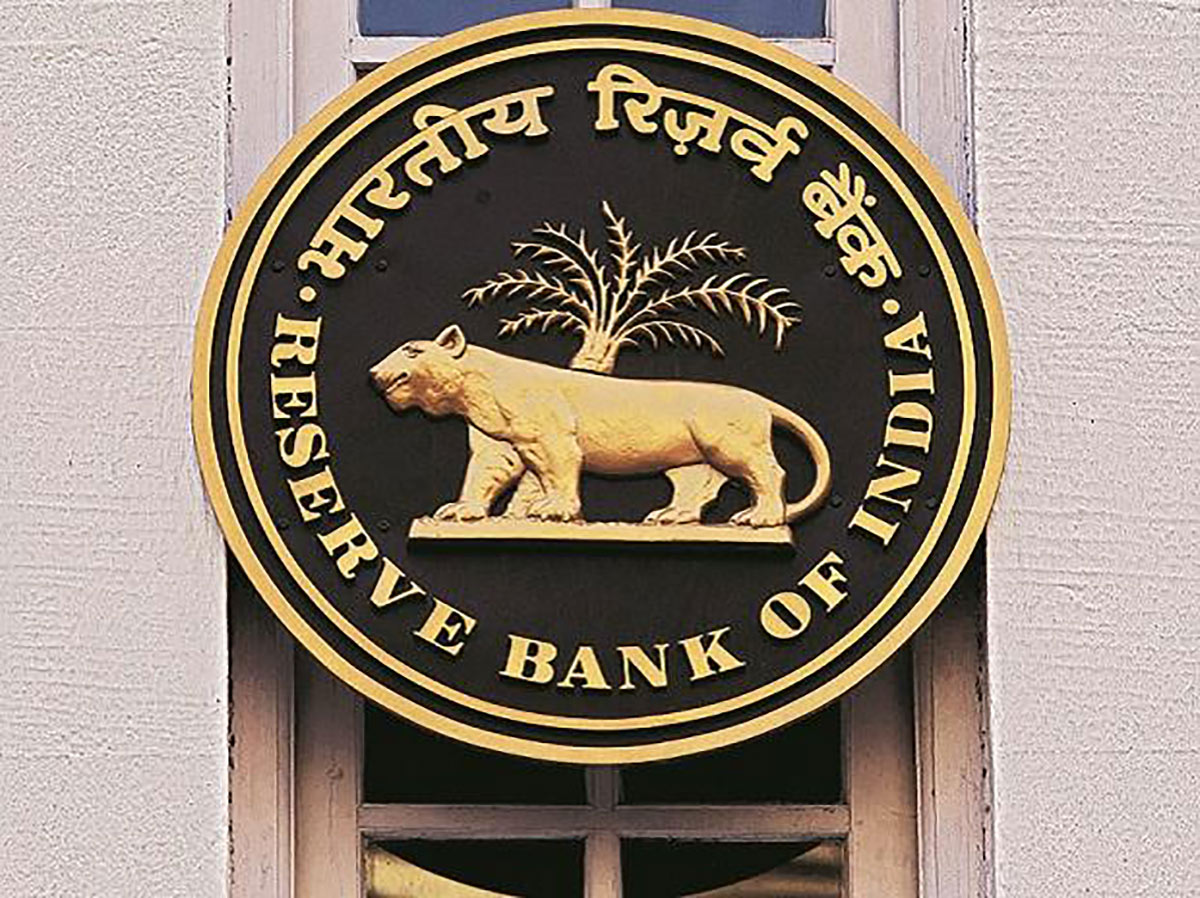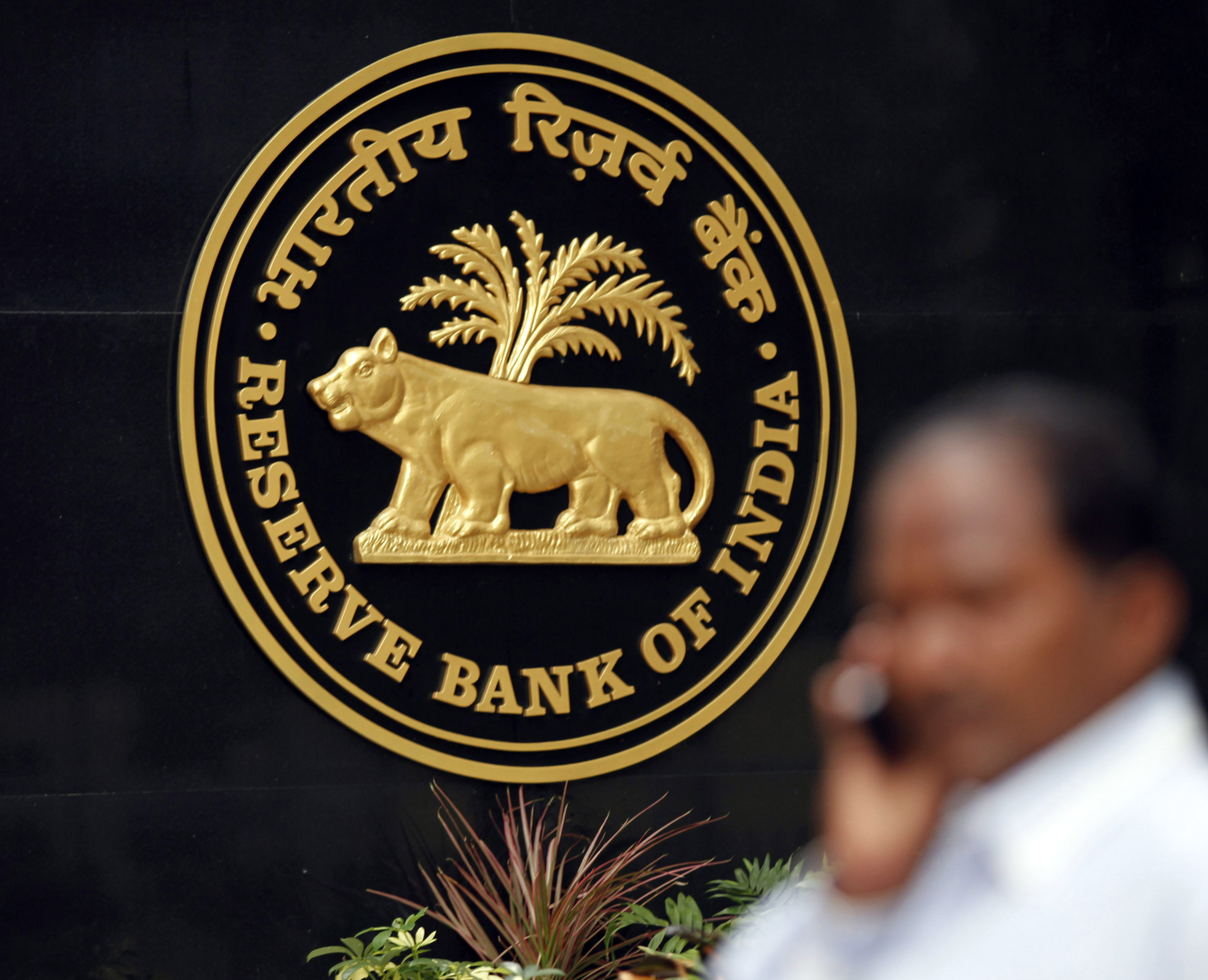RBI Taps McKinsey and Company, Accenture Solutions to Harness AI and ML for Enhanced Regulatory Supervision

RBI Taps McKinsey and Company, Accenture Solutions to Harness AI and ML for Enhanced Regulatory Supervision
The Reserve Bank of India (RBI) has taken a significant step in incorporating artificial intelligence (AI) and machine learning (ML) into its supervisory functions by partnering with two renowned global consultancy firms, McKinsey and Company India LLP and Accenture Solutions Pvt Ltd India.
The collaboration aims to develop advanced systems that leverage AI and ML technologies to enhance the efficiency and effectiveness of the RBI’s supervisory tasks. These technologies can help analyse vast amounts of data, identify patterns, and provide insights that can assist regulatory decision-making processes.
McKinsey and Company India LLP, with its expertise in management consulting, and Accenture Solutions Pvt Ltd India, known for its technology consulting services, are expected to contribute their extensive knowledge in AI and ML to create tailored solutions that align with the RBI’s supervisory objectives.
Indeed, the Reserve Bank of India (RBI) is actively pursuing the integration of advanced analytics, artificial intelligence (AI), and machine learning (ML) techniques to bolster its regulatory oversight of banks and non-banking financial companies (NBFCs). Recognizing the potential of these technologies to enhance data analysis, risk assessment, and decision-making processes, the RBI has taken steps to hire external experts in this field.

As part of its initiatives, the RBI invited expressions of interest (EOI) in September of the previous year, seeking to engage consultants who specialize in advanced analytics, AI, and ML. The goal is to leverage these technologies to extract valuable insights from the RBI’s extensive database and generate supervisory inputs that can contribute to more effective and efficient regulatory practices.
By harnessing the power of advanced analytics, AI, and ML, the RBI aims to stay at the forefront of financial regulatory practices, improve its ability to detect risks and anomalies and ensure the stability and resilience of the financial system in India. This move underscores the RBI’s commitment to leveraging technology-driven solutions to strengthen its supervisory functions and adapt to the evolving landscape of the financial industry.
The Reserve Bank of India (RBI) demonstrated its commitment to adopting advanced analytics, artificial intelligence, and machine learning by shortlisting seven reputable consulting firms for the selection of consultant(s) through a rigorous process. These firms were chosen based on their capabilities and expertise in the realm of technology-driven financial analysis and regulatory supervision.
The shortlisted firms are as follows:
1. Accenture Solutions Private Limited
2. Boston Consulting Group (India) Pvt Ltd
3. Deloitte Touche Tohmatsu India LLP
4. Ernst and Young LLP
5. KPMG Assurance and Consulting Services LLP
6. McKinsey and Company
7. Pricewaterhouse Coopers Pvt Ltd
Each of these firms possesses a track record of providing top-notch consultancy services across various industries, which makes them well-suited to assist the RBI in leveraging advanced analytics, AI, and ML to enhance its supervisory functions over banks and NBFCs. The RBI’s selection of these firms reflects its intent to collaborate with industry leaders to drive innovation and efficiency in its regulatory operations.

Out of the shortlisted firms, McKinsey and Company India LLP and Accenture Solutions Private Limited India have been chosen by the Reserve Bank of India to undertake the project involving advanced analytics, artificial intelligence, and machine learning for its supervisory functions. This decision comes after a careful evaluation of the expertise and capabilities of the consulting firms.
The contract for this project is valued at approximately Rs 91 crore, reflecting the significant investment the RBI is making to enhance its regulatory capabilities through cutting-edge technologies. The involvement of these selected firms demonstrates the central bank’s commitment to harnessing the power of advanced analytics and AI to bolster its supervisory role over financial institutions.
The Reserve Bank of India (RBI) has been leveraging artificial intelligence and machine learning in its supervisory processes, and it aims to further expand and enhance these efforts. The RBI intends to extend the advantages of advanced analytics to the Department of Supervision within the central bank.
Previously, the Department of Supervision had been utilizing linear models and some machine-learned models for supervisory examinations. Now, the focus is on delving into the available data to identify key attributes that can be harnessed to generate more effective and insightful supervisory inputs. This initiative reflects the RBI’s commitment to staying at the forefront of technological advancements to enhance its regulatory oversight capabilities.

The Reserve Bank of India (RBI) exercises supervisory oversight over a wide spectrum of financial entities, including banks, urban cooperative banks, non-banking financial companies (NBFCs), payment banks, small finance banks, local area banks, credit information companies, and select all Indian financial institutions. This comprehensive jurisdiction enables the RBI to assess the overall health and stability of these entities.
The primary goal of the RBI’s supervisory activities is to evaluate the financial soundness, solvency, asset quality, governance framework, liquidity, and operational viability of these institutions. This supervisory role serves to safeguard the interests of depositors and ensure the stability of the financial system as a whole.
To achieve this, the RBI conducts continuous supervision through a combination of on-site inspections and off-site monitoring. This approach allows the central bank to closely monitor the activities and operations of the supervised entities, identify potential risks, and take proactive measures to maintain the integrity and resilience of the financial sector.
Regulatory and supervisory authorities around the world are increasingly embracing machine learning techniques in their operations, often referred to as ‘suptech’ (supervisory technology) and ‘regtech’ (regulatory technology). These technologies are proving valuable in enhancing various aspects of supervisory and regulatory activities.

One major application of suptech and regtech is in data collection and management. AI and ML technologies enable real-time data reporting, effective organization, and dissemination of data, thereby improving the accuracy and efficiency of the information collected from supervised entities.
In data analytics, these technologies are being utilized for multiple purposes, including the monitoring of firm-specific risks. These risks encompass a range of factors, such as liquidity risks, market risks, credit exposures, and concentration risks. Machine learning algorithms can process vast amounts of data to identify trends and anomalies that could indicate potential risks, helping regulatory bodies to take proactive measures.
Furthermore, AI and ML are also being employed to analyze instances of misconduct and to detect cases of mis-selling of financial products. These techniques assist regulatory bodies in identifying irregularities and enforcing compliance, contributing to the integrity of the financial system.




